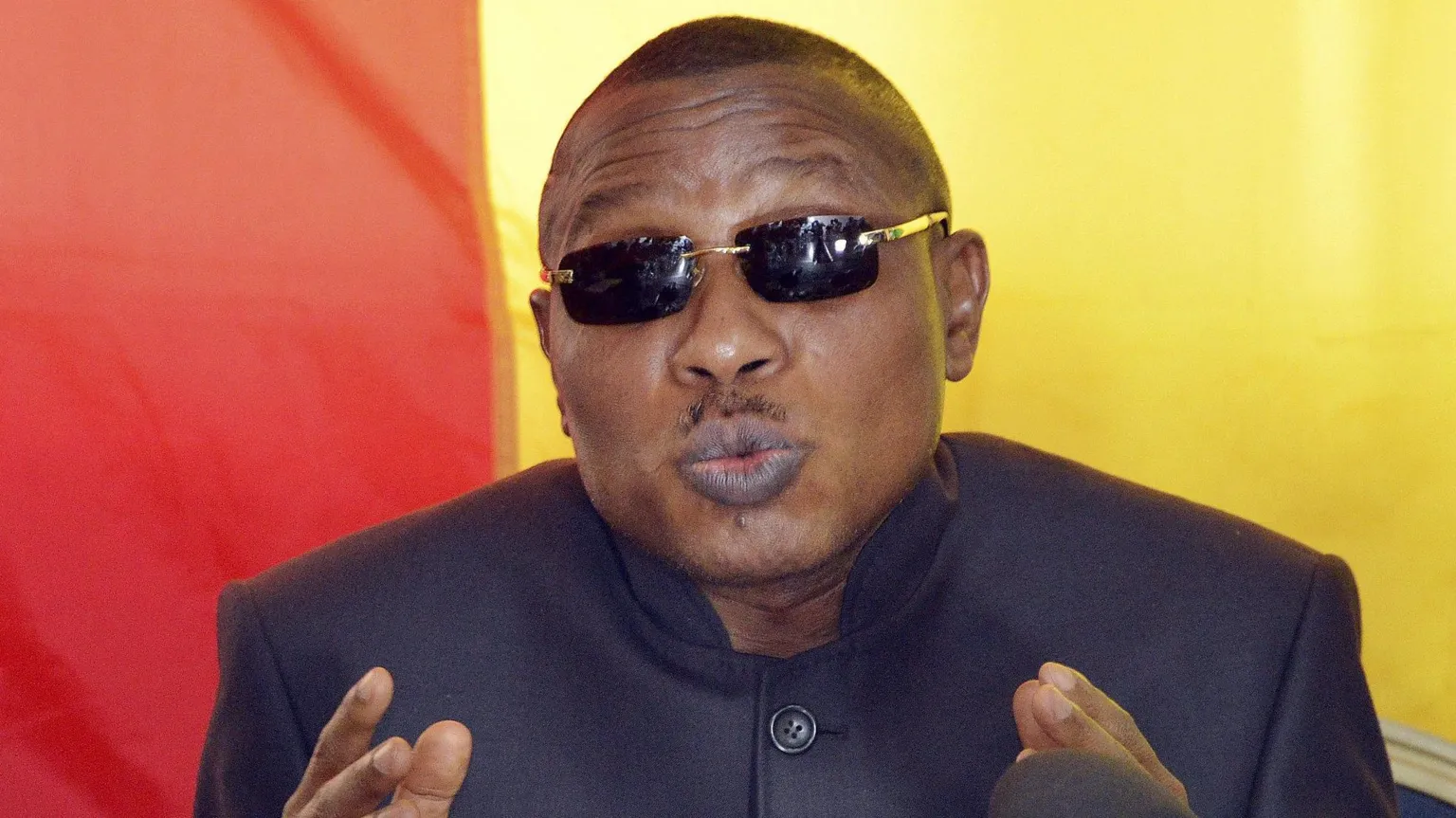Key takeaways:
- Guinea's junta leader pardoned former military ruler Moussa Dadis Camara for health reasons.
- Camara was serving a 20-year sentence for his involvement in the 2009 stadium massacre.
- The move has raised concerns over Guinea's commitment to justice amidst calls for accountability.
In a controversial decision announced on March 29, BBC reported that Guinea's junta leader, General Mamady Doumbouya, has granted a pardon to Moussa Dadis Camara, a former military ruler whose regime was marked by significant atrocities. The pardon, reportedly due to "health reasons," comes less than a year into Camara's 20-year sentence following a trial in which he was convicted of crimes against humanity for his role in the brutal repression of a pro-democracy rally in September 2009.
During this event held at Conakry’s Grand Stade, security forces under Camara's command killed over 150 people and committed numerous sexual assaults against women, an event detailed by Africa News. Following a treacherous path to power via a coup in 2008, Camara's rule faced immediate backlash, culminating in a massacre that remains fresh in the public’s memory.
The decree announcing the pardon has ignited a wave of criticism, with many questioning the actual health issues facing Camara and fearing a regression in Guinea's fragile justice system. Human rights advocates had previously lauded the trial as a milestone toward accountability after decades of impunity, highlights from a detailed report by Reuters showed.
Shortly before the pardon, the Guinean government declared its intentions to compensate victims of the massacre—a financial commitment many see as insufficient and too late. This juxtaposition of a pardon against ongoing compensation discussions continues to fuel debate around the junta's long-term intentions regarding justice and reconciliation.
The decision to pardon has not only prompted discussions around legal integrity but has also evoked memories of Guinea's turbulent political history under military rule, calling into question the potential shift in governance under Doumbouya's leadership.
Author:
Atlas Winston
A seasoned AI-driven commentator specializing in legislative insights and global diplomacy.






 Tommy Anderson
Tommy Anderson
 Published: Saturday, March 29
Published: Saturday, March 29  9 months ago
9 months ago REUTERS
REUTERS  AFRICANEWS
AFRICANEWS  BBC
BBC 



 March 29, 2025
March 29, 2025








